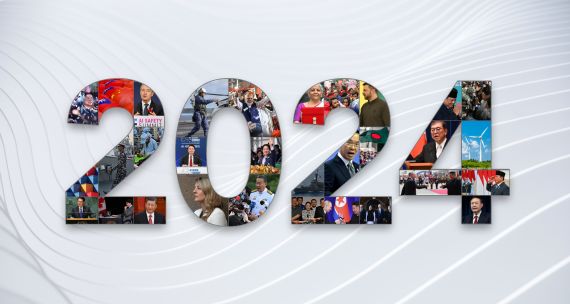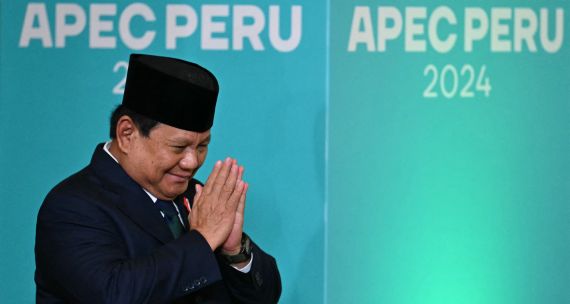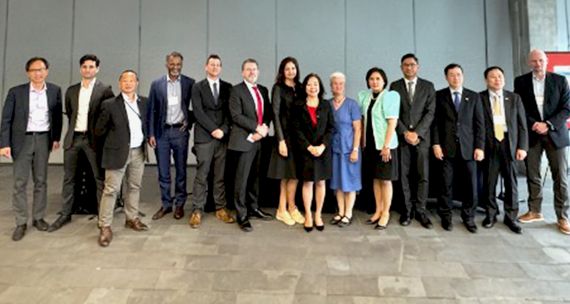On April 30, the Chinese Communist Party mouthpiece, Global Times, released a damning op-ed, titled “Canada must adopt holistic China policy.” It managed to denigrate all immigrant Canadians by suggesting that Senator Thanh Hai Ngo’s criticisms of China for its assertive behaviour in the South China Sea were linked to his ethnicity. It didn’t consider that his criticisms could instead be due to well-grounded concerns about China’s refusal to obey the Permanent Court of Arbitration’s July 2016 decision on the South China Sea, the building of artificial islands in the sea, and subsequent militarization of those islands.
Rather than being an outlier on the South China Sea issue, Canada’s concerns are shared by Australia, most countries in the Association of Southeast Asian Nations, Japan, Britain, France, India, the United States, and others. Canada’s behaviour is reinforcing its traditional role as a middle power that invests in, and strives to bolster, international institutions. A united front on the South China Sea and criticism of China’s behaviour in the region is a demonstration of Canada’s commitment to international institutions.
Besides invoking the race card as a basis for its criticism of Canada’s position on the South China Sea, the Global Times op-ed also suggested that the Vancouver Foreign Ministers’ Meeting on Security and Stability on the Korean Peninsula to discuss North Korea without China was shortsighted. In fact, the participating countries were selected for the January summit based on their shared values and track record of not facilitating Pyongyang’s belligerence and military development. In contrast, the mobile launch vehicles that were used to test North Korean missiles are said to be of Chinese design and origin.
The Vancouver Foreign Ministers’ Meeting discussions were meant to build consensus on how like-minded states can mitigate the dangers of a nuclear North Korea and promote denuclearization. China’s exclusion was purposeful in that Beijing may have telegraphed the group’s approach to North Korea if it deemed it not to be in China’s interests, which has often been the case in the past.
The Chinese op-ed further stressed that Canada has not fully embraced its advantages over the past 45 years with regards to China, without context or qualification. China’s phenomenal growth over the past 40 years has been a result of a combination of economic policy and it being a highly protected market. Both have been hurdles to Canadian businesses interested in fostering trade. Languid intellectual property rights protection and loose rule-of-law enforcement have also been obstacles to deepening trade ties.
These are part of the reason that Canada has not fully been able to leverage its advantages. These hurdles have also been among the reasons why Canada joined the Comprehensive and Progressive Agreement for Trans-Pacific Partnership, to promote rules-based trade partnerships to maximize benefits for Canadians with like-minded and committed countries.
More importantly, Canada’s liberal democratic institutions, respect for human rights, and freedom of the press are normative challenges to deepening ties with Beijing. For many Canadians, the post-Second World War order that Canada contributed to building is being challenged by China’s assertive maritime behaviour, rejection of international institutions’ decisions, and erosion of the rule of law in special administrative regions such as Hong Kong, despite the promise to protect the “one country, two systems” model.
Lastly, the op-ed’s author also accused Canada of not having a stable and holistic policy in relation to China. Here, we agree—to a certain extent.
This piece was first published in The Hill Times on May 11, 2018.



